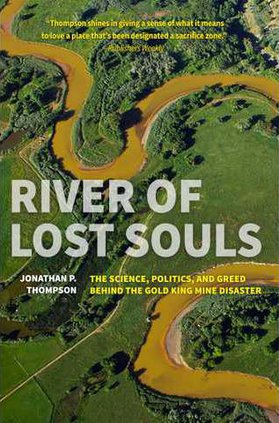On the net
To read S.B. 16, go to www.legis.ga.gov
Backers of a measure to allow Georgia stores to sell booze on the Sabbath launched a fresh push on Wednesday, arguing the state's struggling economy could use the extra revenue. They are also looking to link the bill this year with one that would crack down on those who sell alcohol to minors.
But opponents told a Senate panel that the bill would represent "one more tear" in the state's moral fabric.
"The majority of our citizens still have Sunday as a day or worship, a day of rest," the Rev. Ray Newman, of the Georgia Baptist Convention, told the state Senate Regulated Industries and Utilities Committee. "It's a further encroachment on the Lord's day."
Grocery store owners say Georgia customers have been clamoring for the change.
Officials with the Kroger Co. say that Sunday is now the second-busiest shopping day of the year.
Henry Colley, vice president of Sprint Foods, said for him it is a simple issue of business. Colley said his customers in East Georgia frequently cross the border into South Carolina, where stores may sell alcohol on Sundays. If Colley expands he said he'll do so in South Carolina.
"We must maximize sales potential and that includes alcoholic beverage sales to any legal customer," Colley said.
"Local option is all we ask for; let the community decide," Colley said.
The bill, sponsored by Sen. Seth Harp, a Midland Republican, would give local governments the option on whether to permit Sunday alcohol sales. Voters in those areas would have to approve the change at the ballot box.
Georgia is one of only three states that don't allow stores to sell alcohol on Sunday. The other two are Connecticut and Indiana.
The Sunday sales bill has failed to win passage for the past two years. It faces opposition from Gov. Sonny Perdue, a teetotaler and Christian conservative.
Perdue has argued that Sunday sales would lead to more alcohol-fueled traffic fatalities.
Supporters of the bill dispute his numbers.
But the argument was heard frequently at Wednesday's hearing from Sunday sales opponents.
A day after a coalition of young Democrat and Republicans came out in favor of Sunday sales, more than a dozen young people gathered at Wednesday's hearing to speak out against the bill.
"The Bible for one thing says that alcohol can be harmful and I think that's the greatest authority you can have," said 14-year-old Abby Davis, of Peachtree City.




